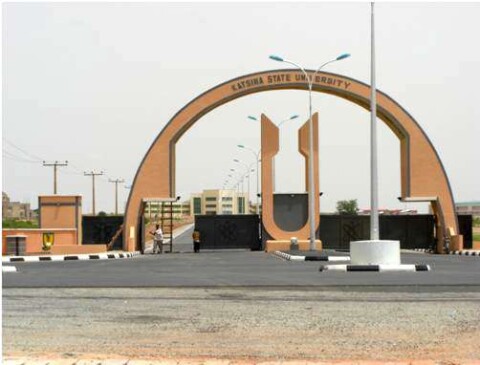The Malala Fund has announced a $1.7 million investment to support nine Nigerian organisations leading efforts to get more girls into school. The funding to Nigeria is part of a broader $4.8 million initiative supporting 21 new cohorts of mostly young women-led organisations across Brazil, Ethiopia, Nigeria, Pakistan, and Tanzania, according to the fund’s website.
Nankwat Mbi, the fund’s Communications Manager for Nigeria, disclosed the country’s allocation in a statement on Wednesday in Abuja, noting that the intervention aligns with the organisation’s 2025–2030 strategic plan. The nine Nigerian beneficiaries include Aid for Rural Education Access Initiative, Anti-Sexual Violence Lead Support Initiative, Black Girls’ Dream Initiative, BudgiT Foundation for the Promotion of Information in Nigeria, Centre for Advocacy, Transparency and Accountability Initiative, Isa Wali Empowerment Initiative, Participatory Communication for Gender Development Initiative, Teenage Education and Empowerment Network, and Women, Children, Youth Health and Education Initiative.
According to the fund, 66 percent of the grant will support young women-led organisations in the selected countries, more than triple its original target. The fund highlighted that Nigeria and Pakistan alone account for 15 percent of all out-of-school girls globally, emphasizing the urgency of directing resources to areas with the greatest need.
Malala Yousafzai, co-founder of the fund, said the grant would help married girls and young mothers in Nigeria complete secondary school. She highlighted that the majority of funding under the new strategy is going to organisations led by young women, supporting initiatives from reducing book and transport costs to ensuring school re-entry for marginalized girls.
The fund’s Education Champion Network (ECN) works with civil society organisations to advance girls’ education and influence policy change in their countries. The new cohort of grantees in Nigeria is expected to address challenges ranging from child marriage and conflict to systemic gender and racial discrimination, as well as shrinking education budgets.
Lena Alfi, Chief Executive Officer of the Malala Fund, said the partners are closest to the challenges that hold girls back and are delivering practical, systemic solutions to ensure girls receive the education they deserve. She emphasized that flexible, multi-year grants enable partners to target resources where they are most needed, including policy advocacy, budget transparency, safe-school initiatives, re-entry programmes for young mothers, and the elimination of hidden school costs.
According to reports, the new grantees in Nigeria will also scale up gender-responsive budgeting, strengthen transparency and citizen oversight, support school re-entry for married and pregnant girls, and deploy digital tools to track education spending and infrastructure gaps.





